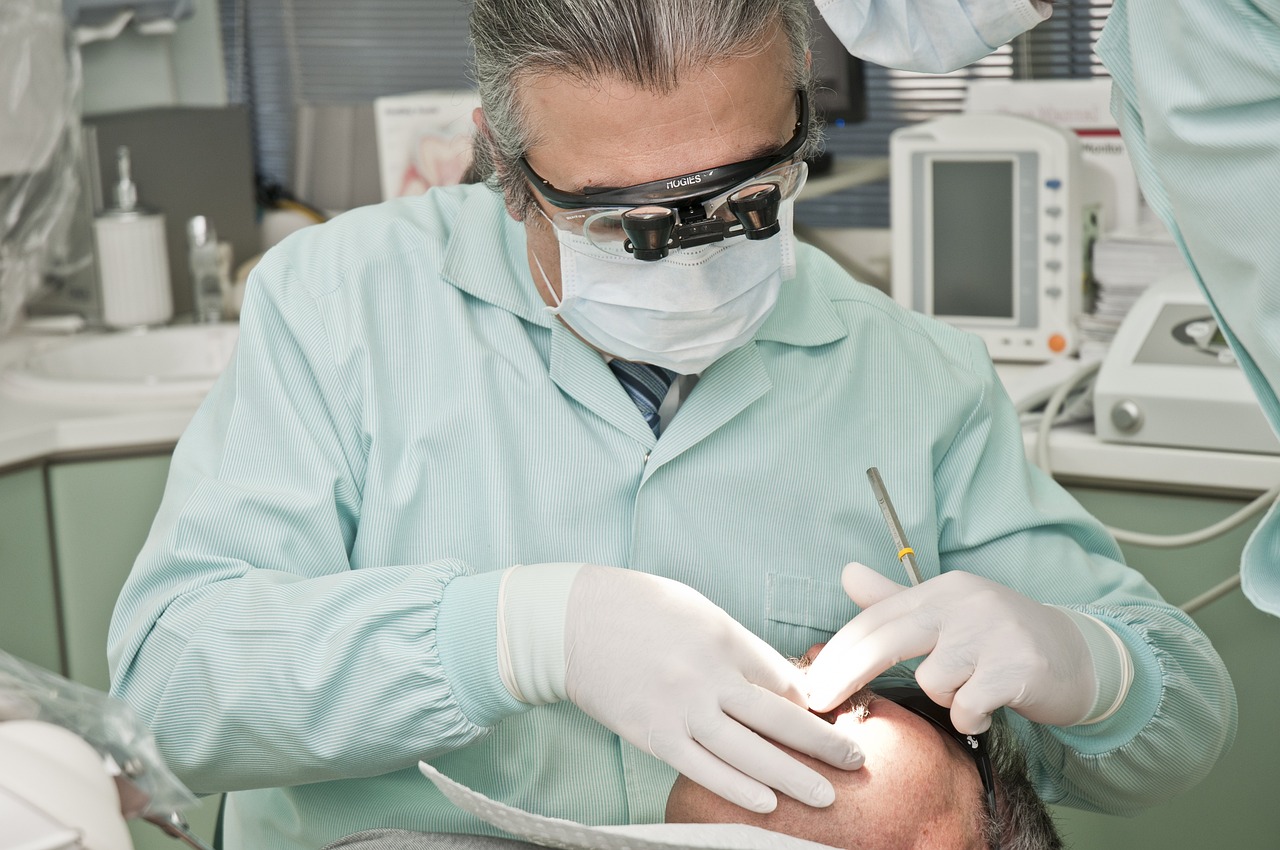Sensitive teeth can be a real pain—literally. Whether it’s that sharp jolt when you sip something cold or the nagging discomfort after biting into a hot slice of pizza, tooth sensitivity is more common than you might think. It’s not just annoying; it can keep you from enjoying your favorite foods and drinks.
But don’t worry! There are effective ways to soothe those sensitive spots and bring back your smile. We’ve talked to a professional Dentist in Marlow, and we’ve found four dentist-approved tips to help manage tooth sensitivity so you can enjoy life without wincing at every bite. Are you ready to say hello to relief? Read on and change your life now.
Switch to a Toothpaste for Sensitive Teeth
If you’re dealing with sensitive teeth, the first step is often in your toothpaste aisle. Switching to a specially-designed toothpaste for sensitive teeth can really help. These products contain active ingredients like potassium nitrate or strontium chloride that help block pain signals from reaching your nerves.
However, dentists recommend choosing brands that specifically target sensitivity relief. Using this type of toothpaste regularly helps strengthen enamel and soothe discomfort over time. Give it a couple of weeks to see actual results; consistency is key.

Avoid Acidic Foods and Drinks
Acidity can wreak havoc on sensitive teeth. Citrus fruits, sodas, and wine are notorious for eroding enamel. Once the protective layer wears down, discomfort becomes a common problem. When you consume these items, keep your intake in moderation and rinse your mouth with water afterward. This simple act helps neutralize acidity and protect your pearly whites.
If you’re craving something tangy, opt for low-acid alternatives. Apples can satisfy that desire without causing too much distress to your smile. During meals, try balancing acidic foods with non-acidic options. Pairing them with cheese or nuts can help minimize their impact on dental health while still allowing you to enjoy diverse flavors in your diet.
Practice Gentle Brushing Techniques
Brushing your teeth shouldn’t feel like a wrestling match. If you have sensitive teeth, gentle techniques can make all the difference. Start with a soft-bristled toothbrush. These bristles are kind to your enamel and gums while still doing their job effectively.
When brushing, use light pressure. Many believe that harder means cleaner, but this isn’t true for sensitive smiles. A gentle touch helps avoid further irritation. Focus on technique over speed. Spend time on each section of your mouth—about 30 seconds per quadrant is ideal. This allows for thorough cleaning without aggression.
Protect Your Teeth from Grinding (Wear a Night Guard)
Also called bruxism, teeth grinding is a common issue that can lead to sensitive teeth and other dental problems. Many people are unaware they grind their teeth until it causes discomfort. So what’s the solution?
Wearing a night guard is the answer. This custom-fitted device protects your teeth while you sleep. This basically sets up a barrier between the upper and lower teeth, reducing wear and tear. Night guards also help alleviate jaw tension caused by grinding. You may wake up feeling more refreshed and less sore in the morning.
Don’t Skip Regular Dental Visits
Not every patient suffers from teeth sensitivity caused by the same issues. Only a professional dentist can identify the underlying causes of sensitivity and offer personalized solutions tailored to your needs. Routine check-ups also ensure that any potential problems are addressed early on.

